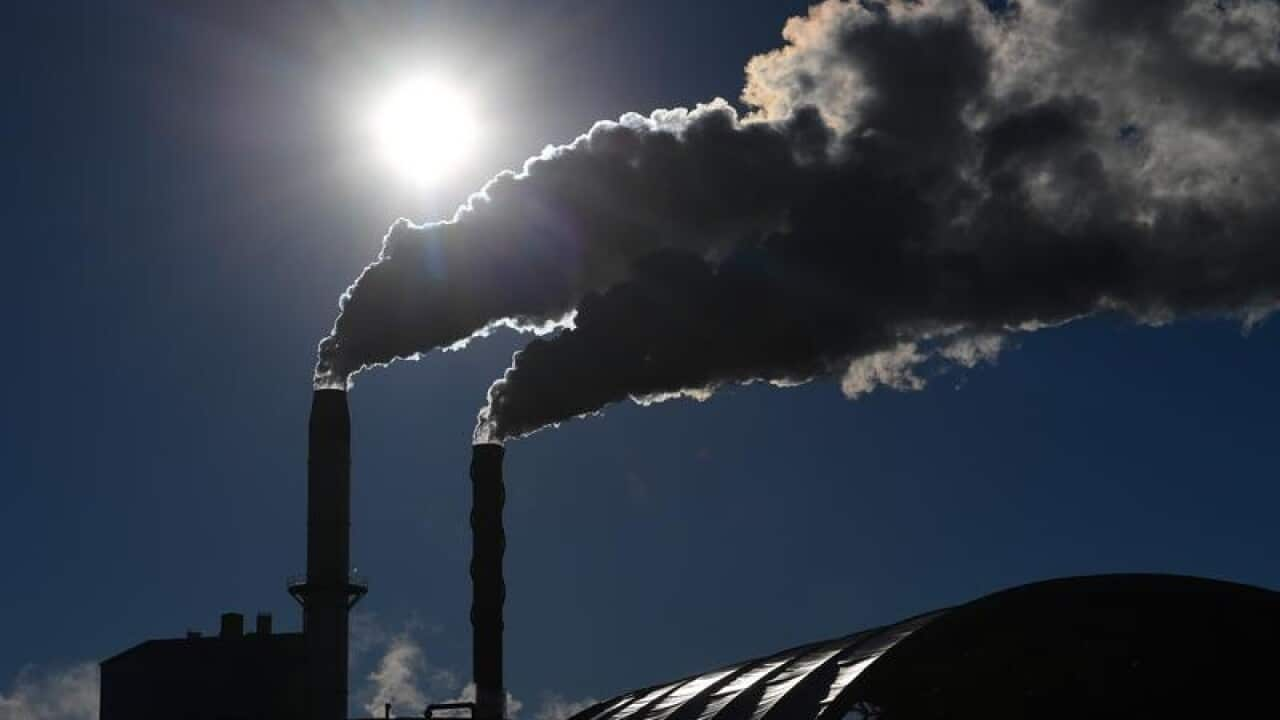Australia's 2030 Paris agreement emissions reduction target is dividing federal government MPs.
Backbench National MP Damian Drum says there are problems with meeting the target, but Energy Minister Josh Frydenberg is still oozing confidence.
The division was clear at an emissions reduction summit in Melbourne on Wednesday where the two government members spoke just hours apart to a room full of climate and energy leaders.
"Our emissions are going up based on our increased population, I get that," Mr Drum said.
"Yeah, we've got some problems with Paris but we have to acknowledge we've got time and we've just got to make sure that we are really taking a responsible path towards meeting our commitments."
While the target of 26-28 per cent reduction on 2005 levels by 2030 has been labelled low ambition, a number of experts and reports claim Australia's not on track and is unlikely to meet it.
However, Mr Frydenberg is looking to past performance as an indication of future success.
"We do have a challenge in meeting our 2030 target, but Australia also has a good track record in beating our previous targets," he said.
Australia met its first Kyoto Protocol target and is now on track to meet the second in 2020.
"I'm very optimistic because I think technology is rapidly changing, we've got a good suite of measures," he said.
That confidence relies largely on the National Energy Guarantee, which he hopes will be legislated by the end of the year.
States and territories are now working through their concerns around the guarantee.
The standout issue has been a 26 per cent emissions reduction target for the electricity sector, which they say will put pressure on sectors like agriculture and industry where abatement isn't as cheap or simple as it is for power companies.
But Mr Frydenberg laughed off that idea on Wednesday, saying abatement at $12 a tonne under the Emissions Reduction Fund was very cost effective.
"I hear people say the low-hanging fruit's in the electricity sector - at $12 a tonne that's a lot cheaper than rooftop solar," he said.
But Labor says if Australia is to have any chance of meeting the Paris commitment the target needs to be much higher, particularly within the power sector.
They've committed to a 45 per cent economy-wide target by 2030.
Energy spokesman Mark Butler told the forum Australia was a case study for how "toxic" climate politics could be, compared to places like the UK where there was bipartisanship.
"I fear that we're not going to get on the sort of path we need to get on until we resolve this toxic politics, that has put climate right at the centre of the culture war in Australia," Mr Butler said.

